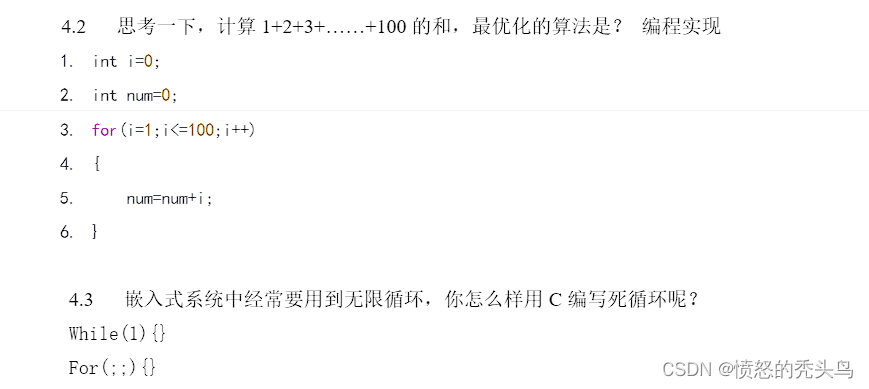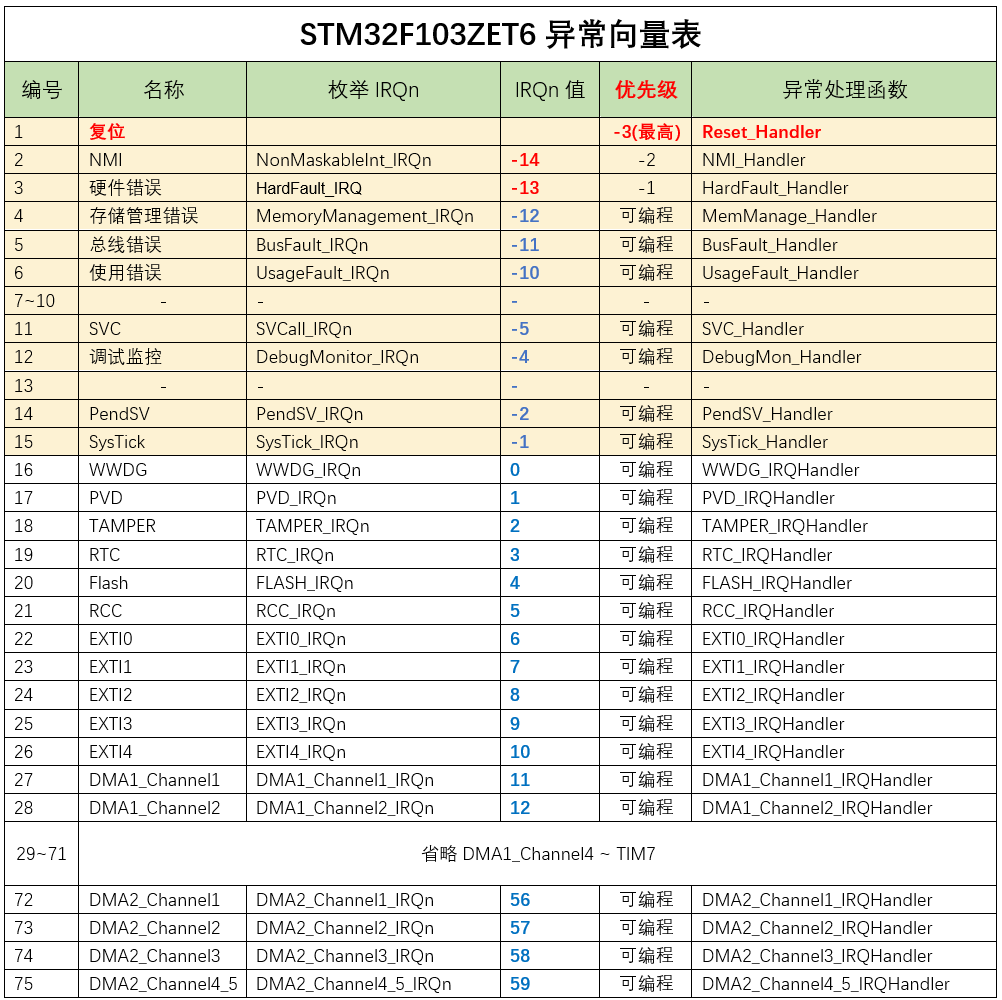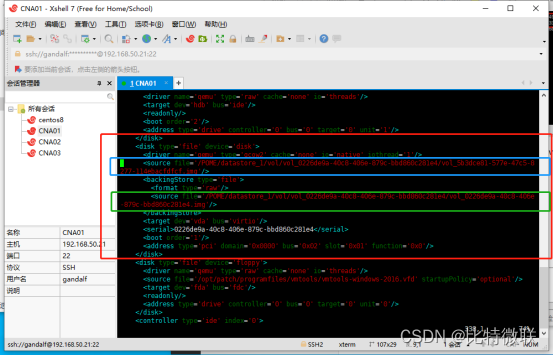请求
客户端请求由ServletRequest类型的request对象表示,在HTTP请求场景下,容器提供的请求对象的具体类型为HttpServletRequest
HTTP的请求消息分为三部分:请求行、请求头、请求正文。
请求行对应方法
// 获取请求行中的协议名和版本
public String getProtocol();
// 获取请求方式
public String getMethod();
// url中的额外路径信息
public String getPathInfo();
// url中的额外路径信息多对应的资源的真是路径
public String getPathTranslated();
// 获取请求URL所属的WEB应用程序路径,以/开头,表示整个web站点的根目录
public String getContextPath();
// 请求行中的参数
public String getQueryString();
// 获取请求行中的资源名,主机端口之后,参数之前的部分
public String getRequestURI();
// 获取Servlet所映射的路径
public String getServletPath();
网络连接信息相关方法
// 客户端的ip
public String getRemoteAddr();
//客户端的主机
public String getRemoteHost();
//客户端的端口
public int getRemotePort();
// 服务器接收当前请求的网络接口的ip对应的主机名
public String getLocalName();
// 服务器接收当前请求的网络接口的ip
public String getLocalAddr();
// 服务器接收当前请求的网络接口的端口
public int getLocalPort();
// 获取URL
public StringBuffer getRequestURL();
// 当前请求所指向的主机名
public String getServerName();
// 当前请求所连接的服务器端口号
public int getServerPort();
// 协议名
public String getScheme();
请求头信息
// 获取请求头
public long getDateHeader(String name);
public String getHeader(String name);
public Enumeration<String> getHeaders(String name);
public Enumeration<String> getHeaderNames();
public int getIntHeader(String name);
// 获取Content-Length头字段信息
public int getContentLength();
// 返回Content-Type头字段信息
public String getContentType();
// 返回请求消息的字符集编码,Content-Type头字段信息
public String getCharacterEncoding();
public String getAuthType();
public Cookie[] getCookies();
public String getRemoteUser();
public boolean isUserInRole(String role);
public java.security.Principal getUserPrincipal();
public String getRequestedSessionId();
public HttpSession getSession(boolean create);
public HttpSession getSession();
public String changeSessionId();
public boolean isRequestedSessionIdValid();
public boolean isRequestedSessionIdFromCookie();
public boolean isRequestedSessionIdFromURL();
public boolean isRequestedSessionIdFromUrl();
public boolean authenticate(HttpServletResponse response)
throws IOException,ServletException;
public void login(String username, String password)
throws ServletException;
public void logout() throws ServletException;
public Collection<Part> getParts() throws IOException, ServletException;
public Part getPart(String name) throws IOException, ServletException;
public <T extends HttpUpgradeHandler> T upgrade(Class<T> handlerClass)
throws IOException, ServletException;
获取请求参数
// 读取url地址后的参数或者POST请求中application/x-www-form-urlencoded编码的实体
// 可以对编码内容自动完成参数的分解、提取以及解码
public String getParameter(String name);
public Enumeration<String> getParameterNames();
public String[] getParameterValues(String name);
public Map<String, String[]> getParameterMap();
// 获取流对象
public ServletInputStream getInputStream() throws IOException;
public BufferedReader getReader() throws IOException;
https://zhhll.icu/2021/javaweb/基础/2.请求/
本文由 mdnice 多平台发布





